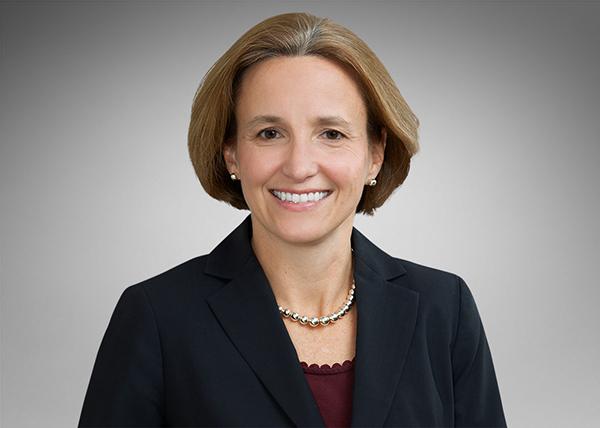Agenda, the Financial Times' corporate board-focused publication, quoted Lindsay Burke and Aaron Lewis in an article discussing racial equity audits. These audits are conducted to analyze the effectiveness of diversity, equity and inclusion programs, the impacts of technology and products on racial minorities in communities and companies and the treatment of customers, and other civil rights and racial equity issues. Covington was highlighted by the publication for conducting numerous racial equity and civil rights assessments.
“There is more urgency now,” Lindsay said regarding the need for conducting racial equity audits. “If you are going to have a sustainable future, there is long-term value in promoting these issues, which is starting to motivate investors’ proposals. Not all are passing or going on proxies, but there is enough interest and movement that companies are realizing this is an important activity to take on.”
Meanwhile, last year, the House of Representatives introduced a bill that would require banks to conduct racial equity audits every two years.
Aaron stated regarding Airbnb and Starbuck’s racial equity audits, “Both had experienced events that were deeply inconsistent with their values, so [the companies] wanted an assessment to understand what they could do to more fully and thoroughly live up to non-discrimination and equality values.”
Aaron explained the difference between Airbnb’s 2016 audit, which focused on the risk of third-party discrimination against users of the platform, and Starbucks’ 2019 audit, which focused on the effects of implicit bias in retail. But “in both instances,” he added, “the companies wanted to go beyond that and also hold themselves accountable for other aspects of their commitments to support civil rights and equity in some dimension, and that’s not uncommon.”
Aaron described how at Airbnb, the audit helped the company develop an anti-discrimination policy applying to its platform.
Click here to read the full article.
Back
Back





